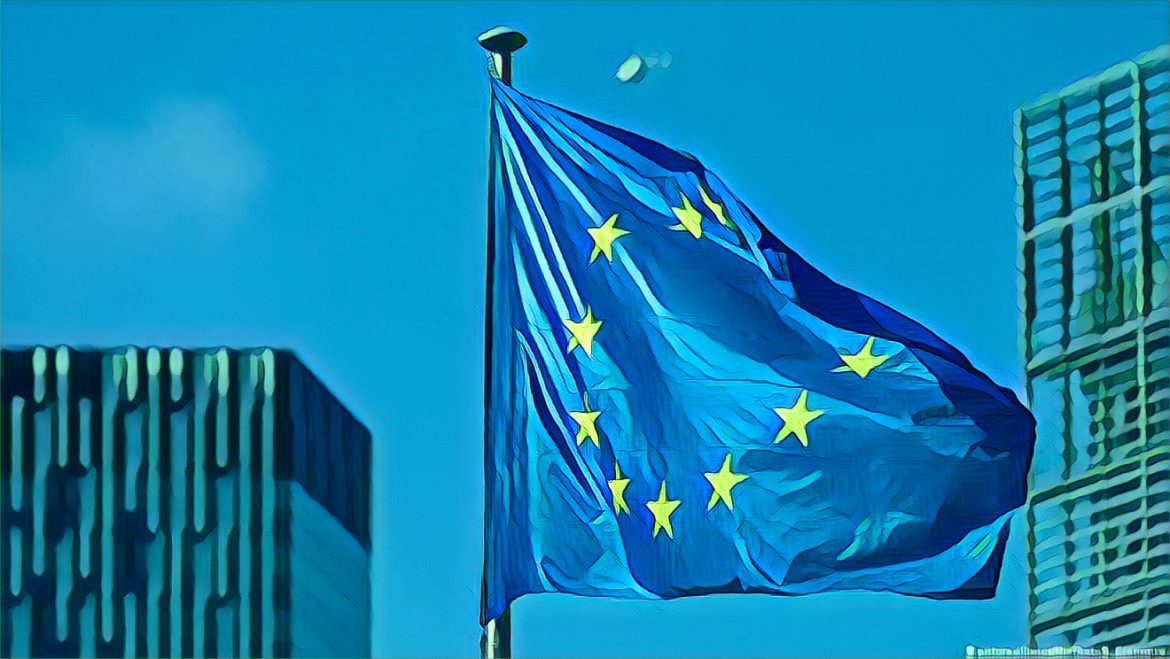The European Union (EU) has announced the renewal of its sanctions on Zimbabwe, dealing a major setback to President Emmerson Mnangagwa’s administration’s efforts to re-engage with the international community. The EU has extended these restrictions until February 20, 2025, as revealed in a statement issued by the EU Council.
These sanctions also encompass targeted measures against the Zimbabwe Defense Industries, signaling the EU’s continued concerns regarding the situation in the country. Notably, last year, the EU removed Vice-President Constantino Chiwenga, the late former President Robert Mugabe’s widow Grace, and the current Zimbabwe Defense Forces boss General Valerio Sibanda from its list of individuals subject to targeted sanctions.
“The council today renewed its restrictive measures in view of the situation in Zimbabwe for a further year, until February 20, 2025,” the statement from the EU council explained. “The EU measures in place consist of an embargo on arms and equipment that might be used for internal repression and a targeted asset freeze against one entity, Zimbabwe Defence Industries.”
The EU has emphasized that it will closely monitor the human rights situation in Zimbabwe to determine whether the sanctions will be lifted or extended further. “The EU will continue to closely follow developments in Zimbabwe, with particular attention to the human rights situation, and recalls its readiness to adapt the whole range of its policies accordingly,” the statement noted.
It is crucial to clarify that the remaining restrictive measures enforced by the EU do not adversely impact the people of Zimbabwe, its economy, foreign direct investments, or trade. The EU has eased some of these measures since their initial imposition in 2002, with the primary goal of encouraging political reform within the country.
However, relations between Zimbabwe and the EU have been strained, particularly following the general elections held in the country last year. These elections faced significant criticism from regional and international bodies, including the EU, which deemed them to have fallen short of expected standards.
The EU ambassador to Zimbabwe, Jobst von Kirchmann, stated in October last year that the future of relations between Zimbabwe and the EU would largely hinge on whether the government implemented the recommendations put forth by the EU electoral observer mission. To date, the EU has suspended the $5 million funding allocated to the Zimbabwe Electoral Commission due to concerns surrounding the disputed elections, coupled with the publication of a critical report.
The EU’s decision underscores the importance of addressing concerns related to human rights, electoral processes, and governance to pave the way for improved relations between Zimbabwe and the international community.


